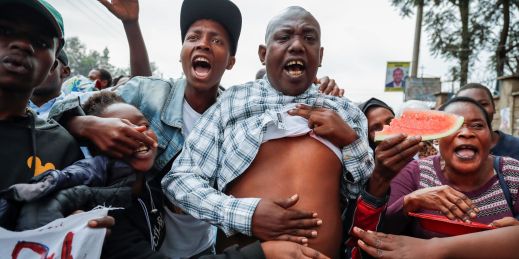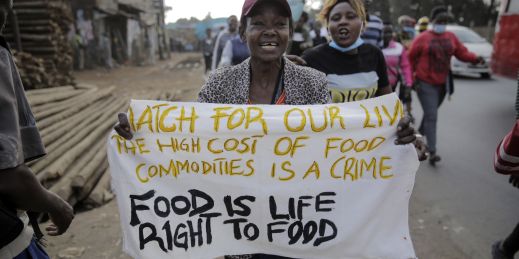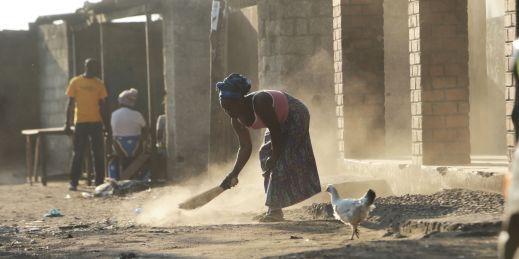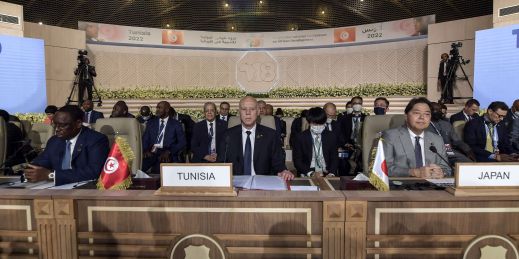
Earlier this month, Zambia agreed to a $1.3 billion loan with the IMF that comes with stringent conditions. That development has sparked conversations elsewhere in Africa about a return to the kinds of IMF-imposed austerity programs seen in the 1980s and 1990s, and what the ramifications of those policies could be for Africans today.



